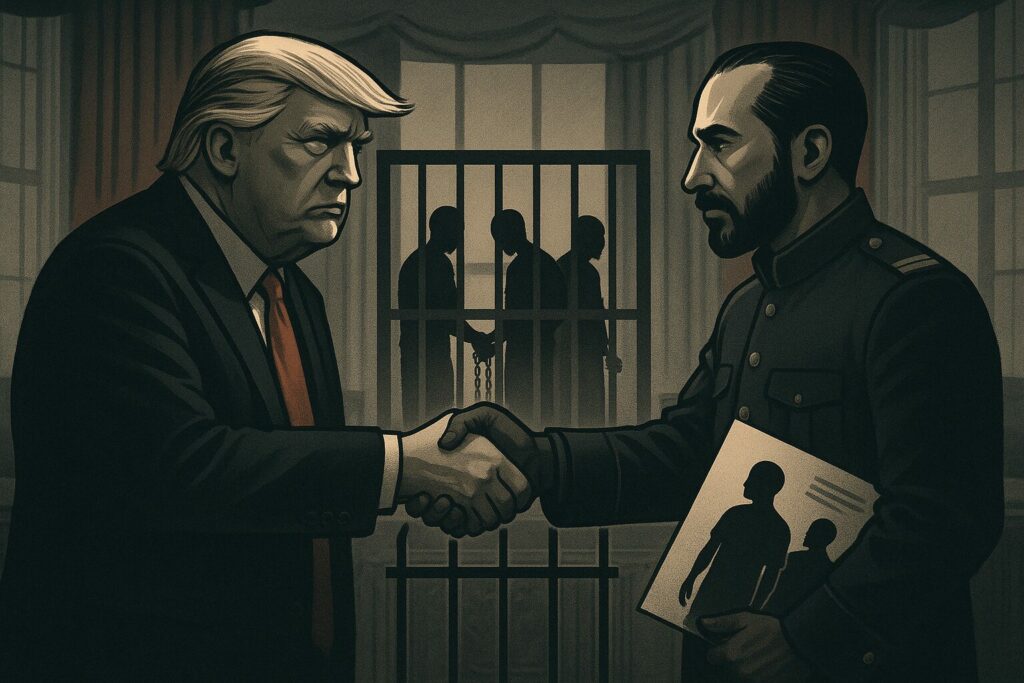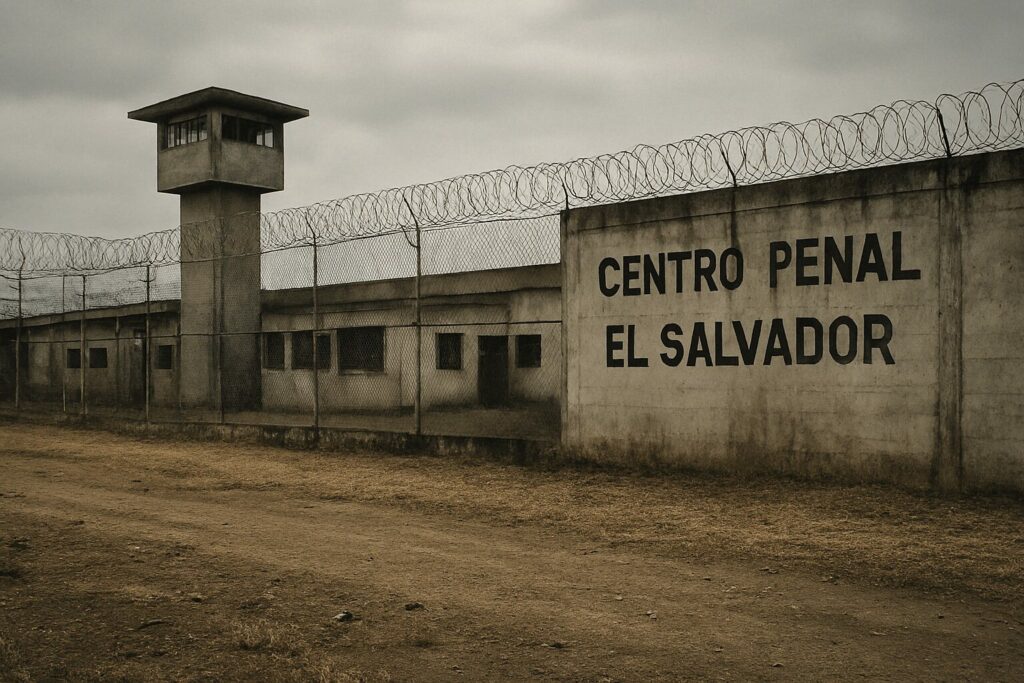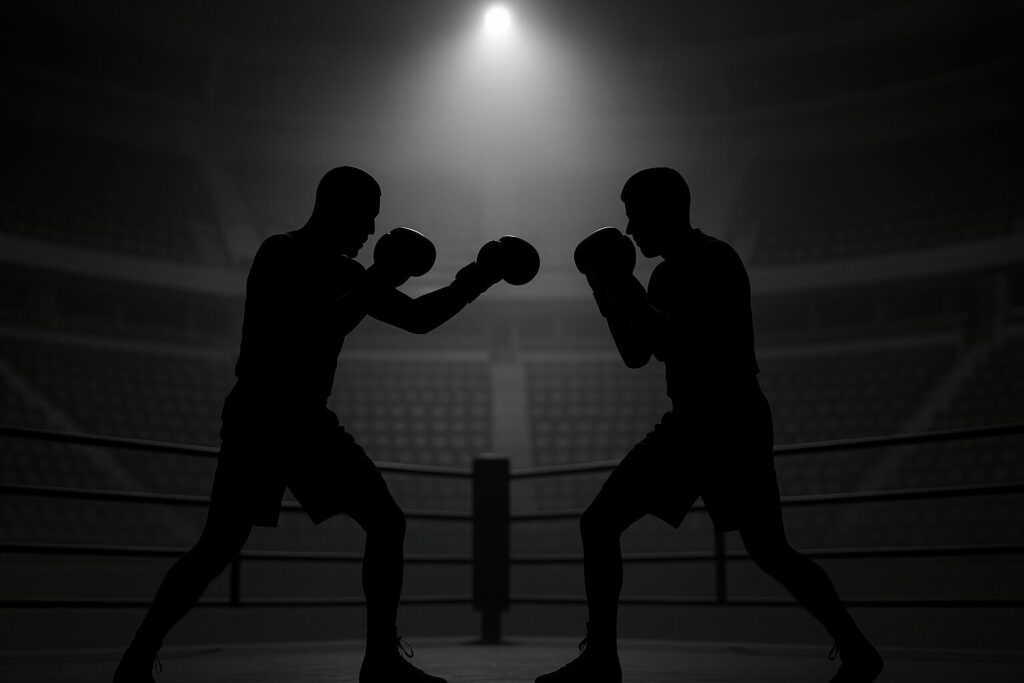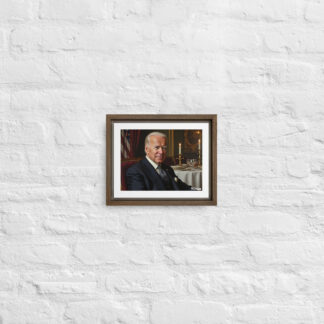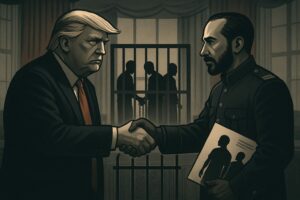Overcoming Tyranny From Within
Understanding the Flaw of America’s Dynastic Oligarchy
We define the United States by moments of internal upheaval. These are times when people rise up, challenge authority, and confront the nation’s failures. There is a recurring need for Americans to reclaim their democracy from internal tyranny. Today, this revolt is not just against dynastic political control but also against a false sense of democracy. It has become a system that outsources freedom and responsibility to a government dynasty. This happens all while convincing people that legitimate dissent is dangerous.
This fear paralyzes the people from doing what’s necessary to uphold the American values of liberty and self-governance. It prevents people from imagining anything beyond the system they were born into even as that system works against them.

Fear of Freedom: A Legacy of Outsourcing Responsibility
The modern government dynasty instills a fear of freedom into people.
The Founders envisioned a nation where citizens took an active role in governance. They saw the public embodying the ideals of liberty, accountability, and self-determination. People in the public no longer uphold these values. Instead, those were outsourced to a centralized government. That government claims to act on behalf of the people while actually consolidating power for itself.
The Outsourcing of Civic Responsibility
- Erosion of Accountability:
- Many Americans have come to believe that the government—rather than the people—is solely responsible for upholding American values. This abdication of responsibility has created a passive populace, one that views politics as something to watch from the sidelines rather than actively participate in.
- Despite the use of social media for some people to publish and distribute their thoughts or grievances, there is not actually any mechanism to translate that into government reform. This is not a futile effort, but currently misguided.
- This mindset aligns perfectly with the interests of the dynastic elite, who benefit from a disengaged public that lacks the tools or the will to challenge their authority.
- Fear of Self-Governance:
- For many, the idea of a world without the current system feels like chaos. They cannot conceive of a society that functions without the structures of the present dynasty, even when those structures clearly fail to serve the majority.
- This fear is a learned response, perpetuated by education, media, and political narratives that equate peaceful dissent as both ineffective and somehow morally unjust, while perpetuating the idea that violence will solve this problem.
- Dependency on a False Democracy:
- The illusion of democracy—reinforced by fake and rigged elections, useless political parties, and media debates that bare no fruit—creates the perception that the system is working as intended.
- In reality, this false democracy serves as a mechanism of control, ensuring that power remains concentrated among a small elite while the public remains distracted by manufactured divisions.
The Mislabeling of Dissent as Anarchy
The fear of freedom is closely tied to the mislabeling of dissent as anarchy. When people challenge the legitimacy of the government dynasty or suggest alternatives, they are often dismissed as “radical” or “anti-American.” This reaction is deeply rooted in a misunderstanding of both American history and the nature of legitimate internal strife.
Historical Amnesia and Civil War Fears
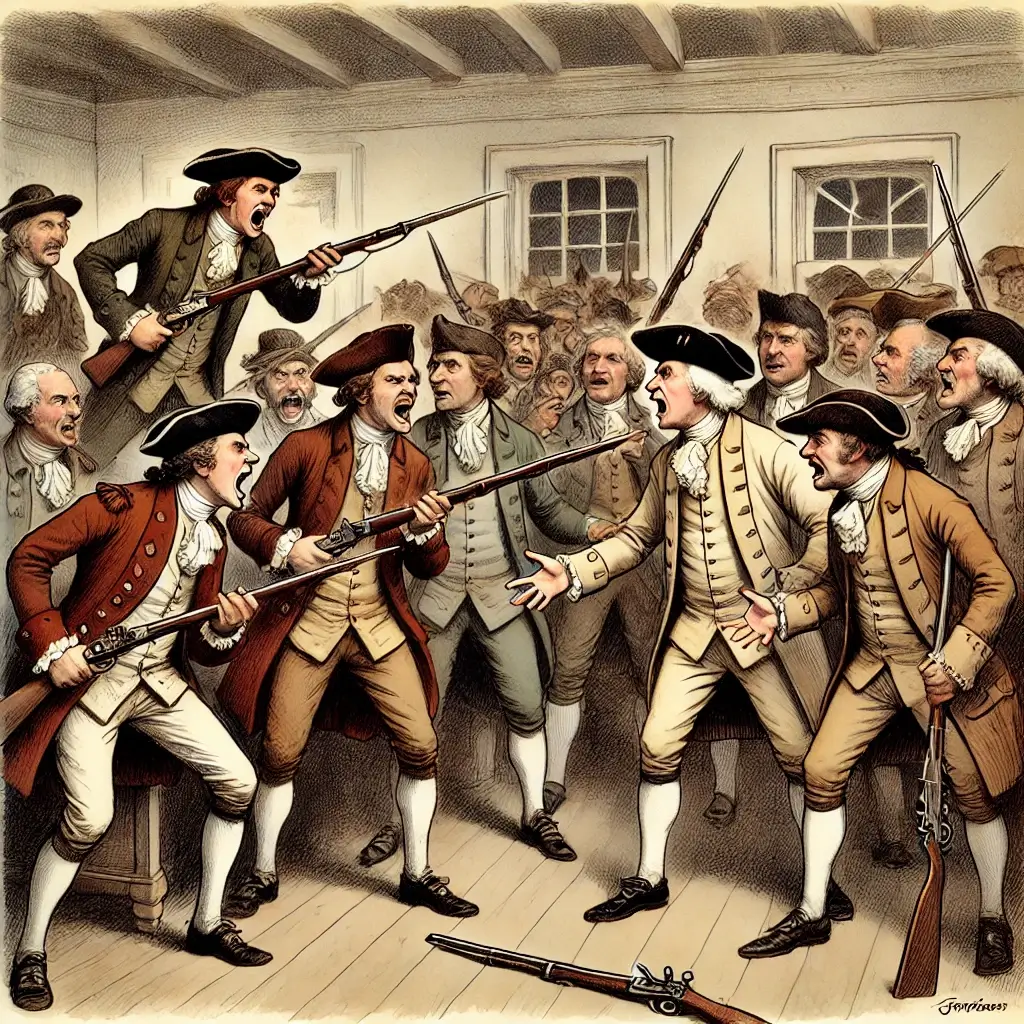
- American Historical Memory:
- For many Americans, the idea of internal revolt is synonymous with violent civil war. This perception erases the long history of peaceful uprisings, grassroots movements, and nonviolent resistance that have shaped the nation.
- Movements like Shays’s Rebellion, the labor strikes of the late 19th century, and the civil rights movement show that internal dissent does not have to be destructive. However, these examples are often overshadowed by the specter of the Civil War, leading people to associate all domestic conflict with bloodshed.
- Uncivil Control by the Government:
- What many fail to recognize is that the current system already exerts uncivil control over the public.
- Through policies that prioritize corporate profits over human needs, surveillance systems that erode privacy, and media narratives that fuel division, the government dynasty maintains a form of tyranny that operates below the surface.
- This subtle oppression is often ignored because it does not take the obvious form of military occupation or overt violence.
The Public’s Complicity in Dynastic Rule
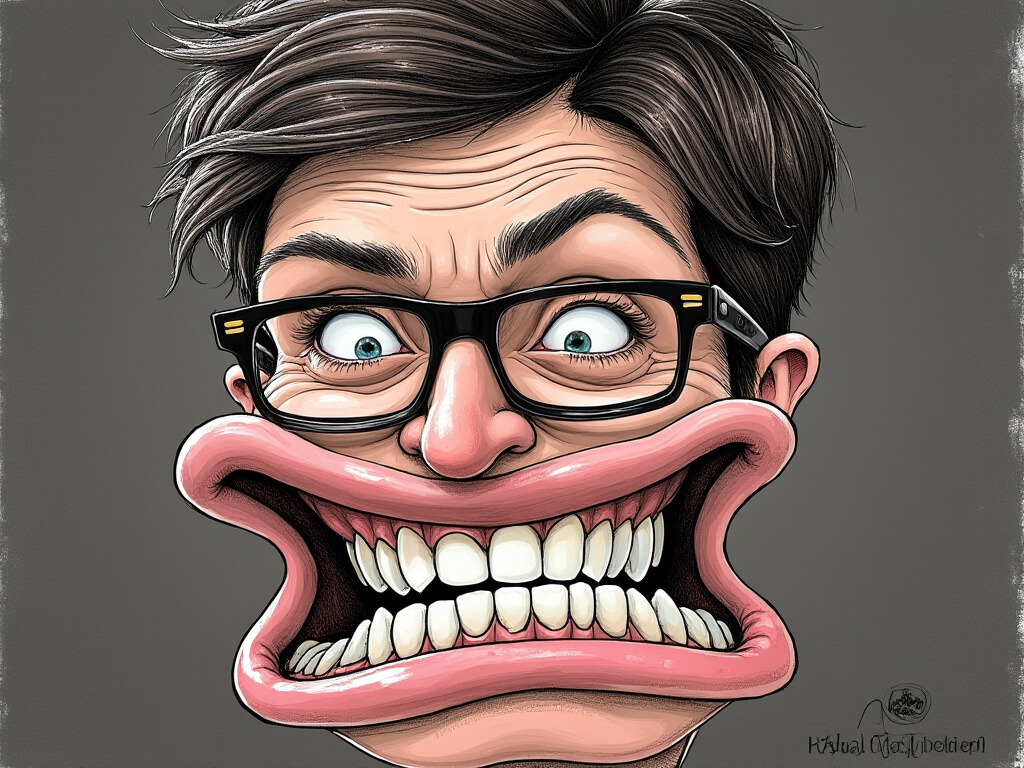
Many people feel a sense of identity or belonging within the dynastic system, even when it runs counter to their own interests. This complicity stems from:
- False Loyalty to Parties:
- Partisan allegiance creates the illusion that people are actively participating in democracy, even as party leadership prioritizes elite interests over voter concerns.
- Partisan allegiance creates the illusion that people are actively participating in democracy, even as party leadership prioritizes elite interests over voter concerns.
- Cultural Identification with Power:
- The public often sees themselves reflected in the symbols of American power—politicians, corporations, military strength—even when those symbols betray the values they claim to represent.
- The public often sees themselves reflected in the symbols of American power—politicians, corporations, military strength—even when those symbols betray the values they claim to represent.
- Fear of Accountability:
- True freedom requires accountability, not just for leaders but for citizens themselves. Many people are unwilling to face the hard truth that democracy demands constant vigilance and active participation. It is easier to defer responsibility to the government and blame others for the system’s failures.
The Need for a New Domestic Revolt
The Domestic American Revolt is not about destroying the government but reclaiming it. This revolt challenges the dynastic system not with violence but with ideas, civic action, and the courage to imagine a better future.
Overcoming the Fear of Freedom

Therefore, to succeed, the Domestic American Revolt must address the public’s fear of freedom and self-governance. This involves:
- Reframing Dissent:
- Dissent must be recognized as a patriotic act, not an attack on the nation. The ability to question authority and demand change is the cornerstone of democracy.
- Dissent must be recognized as a patriotic act, not an attack on the nation. The ability to question authority and demand change is the cornerstone of democracy.
- Educating for Accountability:
- Civic education must empower citizens to understand their role in governance, emphasizing that democracy is not a spectator sport but a shared responsibility.
- Civic education must empower citizens to understand their role in governance, emphasizing that democracy is not a spectator sport but a shared responsibility.
- Breaking the Illusion of Democracy:
- The false sense of democracy created by dynastic rule must be exposed. This means challenging the narrative that voting alone is sufficient to effect change.
Rediscovering the Spirit of Liberty
The Domestic American Revolt is a call to action for a nation that has lost its way. It is not a movement of anarchy or chaos but a return to the principles of liberty, accountability, and self-governance. The Founders warned against the rise of internal tyranny, and today their warnings ring louder than ever.
To move forward, Americans must overcome their fear of freedom and take responsibility for the future of their nation. This will require courage, imagination, and a willingness to question the systems that have defined the modern era. By reclaiming their role as active participants in democracy, the people can dismantle the false sense of democracy perpetuated by dynastic rule and rediscover what it truly means to be free. Only then can the United States fulfill its promise as a nation of the people, by the people, and for the people.


